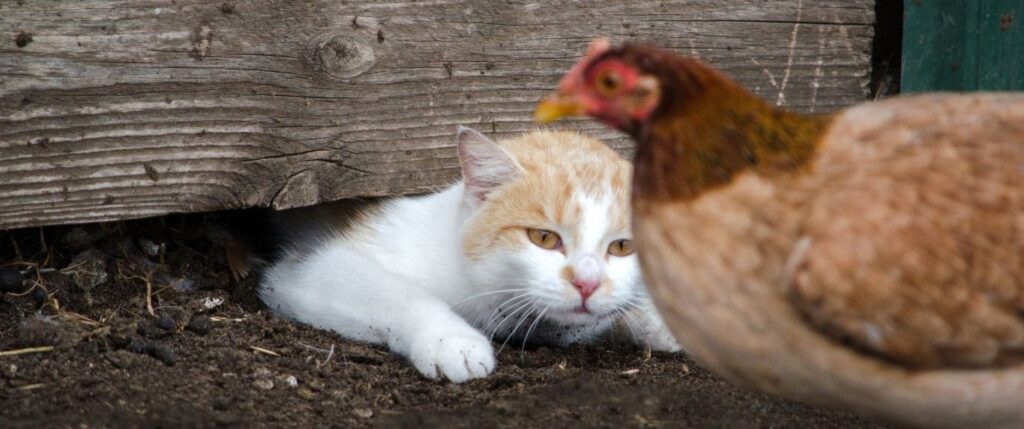The bird flu that began last year, and which has so far killed 5 million birds in Nebraska, has now been linked to the deaths of at least three cats in the US state, according to the Fremont Tribune.
Two of the cats lived in a house in Madison County, and were the subject of a case report published earlier this year by the University of Nebraska-Lincoln (UNL) and UNL’s Nebraska Veterinary Diagnostic Center. The third cat, from Buffalo County, became ill last month.
Assistant professor at UNL, Dr Sarah Sillman, said bird flu in domestic cats and other pets is “quite rare,” with only a few cases seen by the diagnostic center in over a year since the outbreak in birds.
“The current HPAI outbreak in birds has been particularly severe, and it is not surprising that we see these occasional ‘spillover’ events in mammals, including pets,” she said. “Cats are particularly vulnerable, in large part because many cats are completely outdoor free-roaming and frequently hunting wild birds.”
Sillman was not sure why half the bird flu deaths in cats in the US had happened in Nebraska, but said it may be because the state is a main flyway for migrating birds, and also has many rural residences and farms with outdoor cats. She confirmed that all cases diagnosed in her lab had been outdoor cats.

Sillman says it is likely the cats ate infected birds and became ill in turn. “Oral ingestion is an important route of infection for pet cats out in the natural environment when they consume infected wild birds,” she explained.
While it is possible for sick cats to transmit the disease to other animals they are in close contact with (like other household pets), transmission did not happen in the case of the Madison County cats, who were around other animals.
In addition to the three Nebraska cats, two cats died of bird flu in Oregon, and one in Wyoming. There have been isolated reports of pet deaths in other countries, including a dog in Canada and a cat in France.
Since the current outbreak began, there have been over 150 confirmed cases of bird flu in mammals in the United States, primarily affecting wild skunks and foxes. However, even bears have been affected, as well as marine mammals like seals, dolphins and sea lions.
Sillman said the best way to protect cats and other domestic pets from bird flu is to ensure they avoid potentially ill birds.
“It is advised to keep cats indoors to avoid contact with wild birds, waterfowl and domestic poultry,” she said. “If there are sites known to have had infected birds, keep pets away from the virus-contaminated area. Avoid feeding raw poultry and keep pets from consuming wild bird carcasses.”

